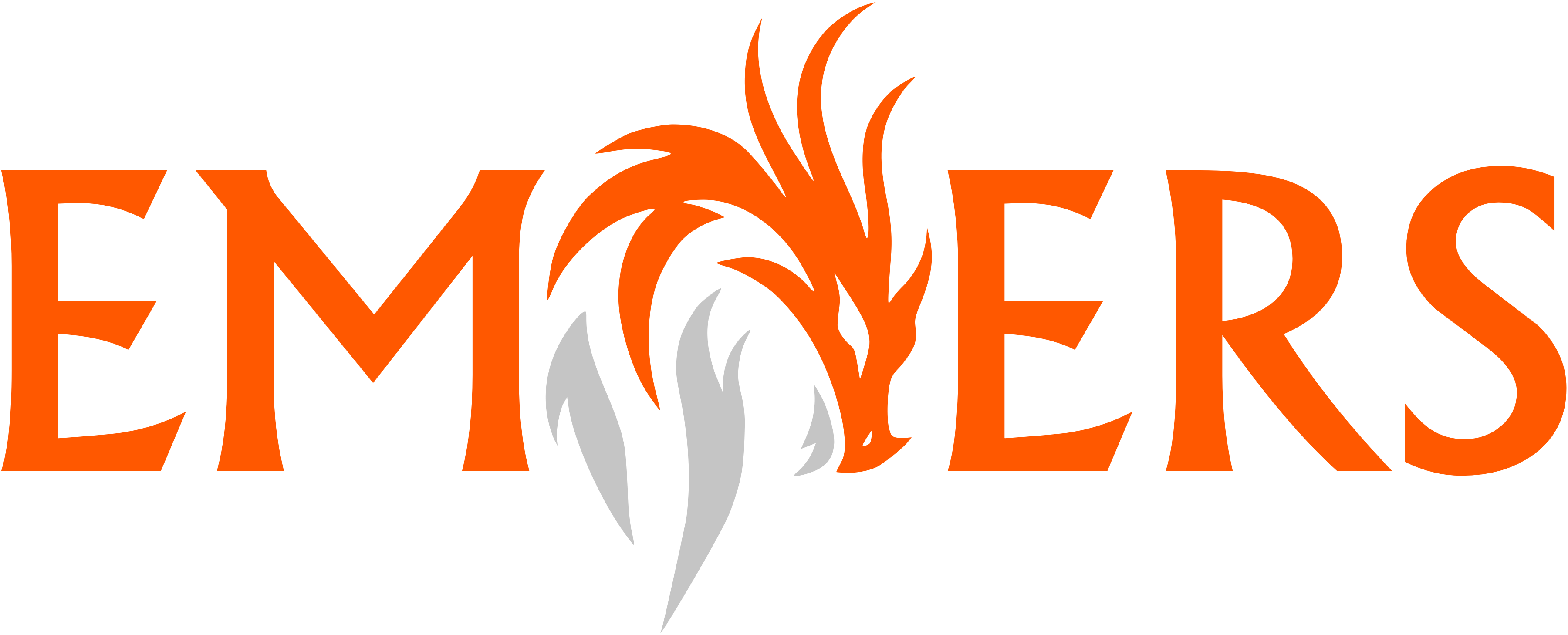In the annals of horror literature, few names loom as large as H.P. Lovecraft. His creation of the Cthulhu Mythos, a universe of ancient deities, cosmic horrors, and eldritch tales, has seeped into the very fabric of popular culture. Among the myriad forms of media influenced by Lovecraft’s dark visions, tabletop role-playing games (TTRPGs) stand out for their unique ability to immerse players in worlds teetering on the brink of madness and the unknown. This article delves into the profound influence H.P. Lovecraft has exerted on TTRPGs, exploring how his themes of cosmic horror, the insignificance of humanity, and the pursuit of forbidden knowledge have become foundational elements in this interactive medium.
The Advent of Lovecraftian Horror in TTRPGs
The integration of Lovecraftian horror into TTRPGs can be traced back to the 1970s and 1980s, a period marked by the genre’s burgeoning popularity. Games like “Call of Cthulhu,” released by Chaosium in 1981, stand as pioneering examples. Unlike traditional TTRPGs that often celebrate heroism and adventure, “Call of Cthulhu” places players in the shoes of ordinary individuals who, through the investigation of arcane mysteries, confront unimaginable horrors that challenge their sanity and grip on reality. This game, more than any other, exemplifies Lovecraft’s thematic core—the revelation of a universe where human beings are not only insignificant but also perpetually at the mercy of incomprehensible forces.
The Mechanics of Madness
One of Lovecraft’s most enduring contributions to TTRPGs is the concept of sanity. In games infused with Lovecraftian elements, the mental stability of characters becomes as crucial as their physical wellbeing. Mechanisms for tracking sanity, such as the Sanity Points in “Call of Cthulhu,” introduce a layer of psychological horror unseen in most other TTRPGs. This focus on mental deterioration as a consequence of encountering the uncanny and otherworldly is quintessentially Lovecraftian, echoing his narratives in which characters often face mental breakdowns upon glimpsing the true nature of the universe.
Cosmic Horror and the Unknown
At the heart of Lovecraft’s influence is the theme of cosmic horror—the idea that the universe is populated with ancient, powerful beings whose motives and actions are beyond human comprehension. TTRPGs inspired by Lovecraft often emphasize exploration and discovery, leading players into dark, uncharted territories where their characters’ knowledge and sanity are tested by these unfathomable entities. This encounter with the unknown forces players to grapple with their characters’ vulnerability and the frightening insignificance of humanity, a hallmark of Lovecraftian horror.
The Legacy and Evolution
Lovecraft’s impact on TTRPGs extends beyond specific titles like “Call of Cthulhu.” His themes have permeated the genre, influencing a broad array of games that borrow from his mythos or replicate his atmosphere of dread and mystery. Even fantasy RPGs occasionally weave Lovecraftian elements into their narratives, introducing ancient gods and horrors that defy understanding.
Moreover, the legacy of H.P. Lovecraft in TTRPGs is not static; it continues to evolve. Modern games and expansions keep the essence of Lovecraftian horror alive, adapting and reimagining his themes to captivate a new generation of players. This enduring influence underscores Lovecraft’s role as a pillar of horror and speculative fiction, whose visions of cosmic dread and the fragility of the human psyche have found a fitting and interactive canvas in the world of tabletop role-playing games.
In conclusion, H.P. Lovecraft’s shadows loom large over the realm of TTRPGs. Through the integration of his themes of cosmic horror, the triviality of humanity, and the allure of forbidden knowledge, Lovecraft has forever altered the landscape of tabletop gaming. His influence ensures that players continue to explore the boundaries of fear, sanity, and the unknown, in a tribute to his enduring legacy as the architect of nightmares.
Explore the depths of cosmic horror with our Lovecraft Collection. Celebrate H.P. Lovecraft’s legacy and show your allegiance to the eldritch with style!
